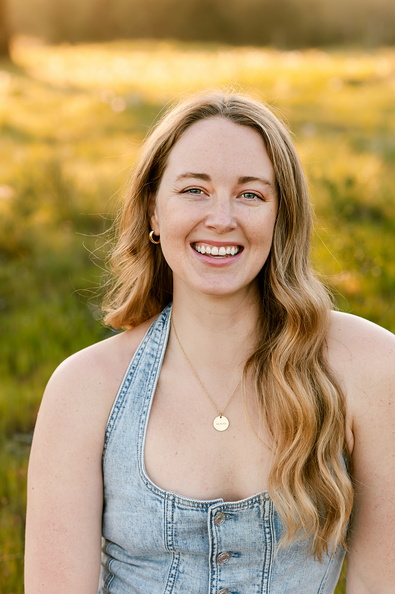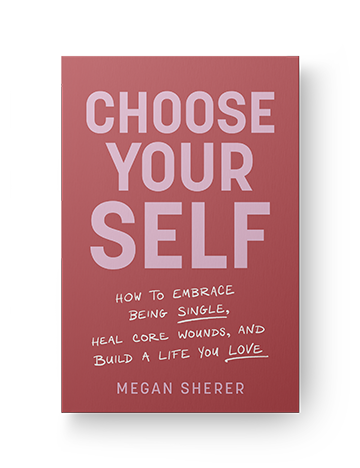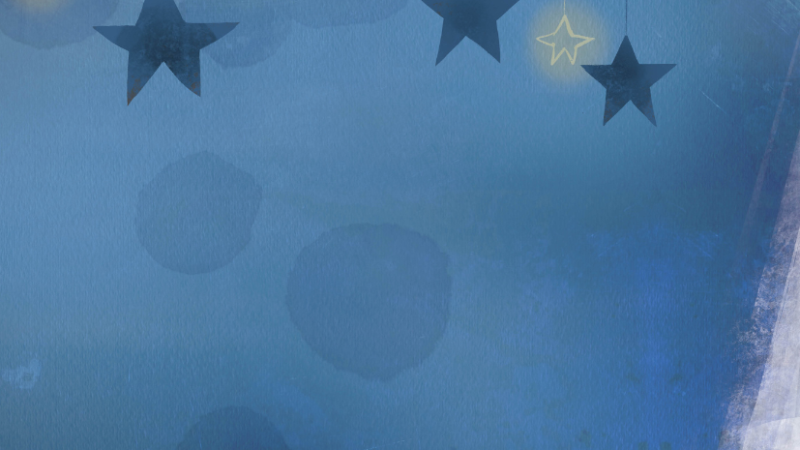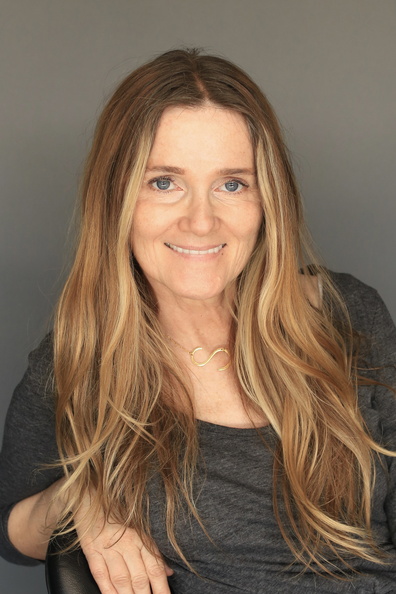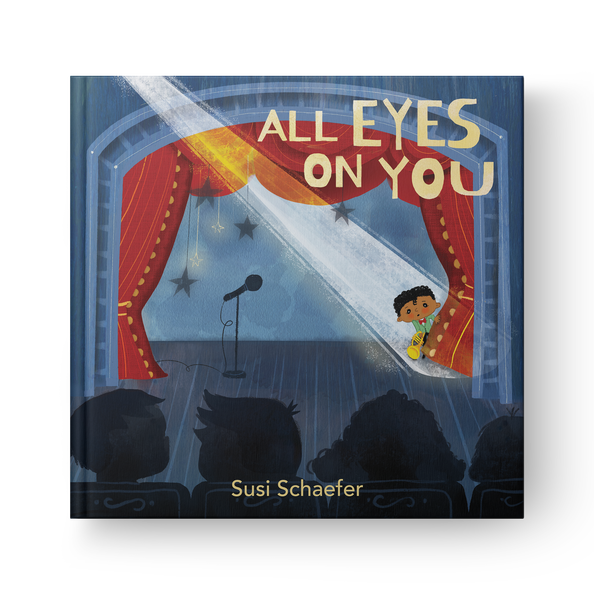Dear friends, please enjoy this inspiring article from clinical psychologist and Sounds True author Erin Olivo on the many benefits of cultivating mindfulness in our lives. Erin is author of the excellent audio learning program entitled Free Yourself from Anxiety: A Mind-Body Prescription, in which she offers a series of simple, yet very effective guided meditations for relaxation and resilience.
Why You Should Start Cultivating Mindfulness Now – by Erin Olivo, PhD, MPH
Have you noticed how the term mindfulness is popping up everywhere? It’s no longer just reserved for Buddhist retreats and Yoga Journal articles. Mindfulness is the hot topic at the office for coping with stress, and the media can’t seem to get enough of it—Time magazine’s cover story this week is on “The Mindful Revolution,” The Huffington Post has a “GPS for the Soul” section, and a search on The New York Times comes up with almost 200 articles on mindfulness in the past year. Mindfulness has clearly reached buzzworthy status.
The first time I heard the term mindfulness was in 1993 while I was getting my masters degree in social work. But it was after reading Thoughts Without A Thinker: Psychotherapy from a Buddhist Perspective by Mark Epstein, M.D. that I had my “aha” moment with mindfulness. This book explained the unique psychological contributions of the teachings of Buddhism (including mindfulness meditation) and how to combine them with psychotherapy. I was getting my Ph.D. in psychology at the time, and that was exactly what I wanted to do.
So why should you start cultivating mindfulness now? Not because it’s trendy, but because it’s key to Wise Mind Living. If you want to live a balanced life and make choices from Wise Mind, practicing mindfulness is one of the most fundamental skills you’ll need.
But first you need to understand exactly what mindfulness is. In its essence, mindfulness means paying attention to the present moment, accepting it without judgment, and not thinking about the past or future.
There have been countless books written about mindfulness, and you can check out my Resources section for some recommendations. However, I suggest you start by reading this article from Women’s Health that gives a concise introduction to the concept of mindfulness. As the article says, practicing mindfulness can be done any place at any time, and you can bring mindful awareness to any activity.
Over time, the more you practice mindfulness, the more focused and connected to yourself and others you’ll become. Ultimately this will lead to a sense of heightened awareness. A recent New York Times article discussed how mindfulness trains the mind to stay on task and avoid distraction:
“Your ability to recognize what your mind is engaging with, and control that, is really a core strength,” said Peter Malinowski, a psychologist and neuroscientist at Liverpool John Moores University in England. “For some people who begin mindfulness training, it’s the first time in their life where they realize that a thought or emotion is not their only reality, that they have the ability to stay focused on something else, for instance their breathing, and let that emotion or thought just pass by.”
So my homework assignment for you is to set aside 10-15 minutes each day to start your mindfulness practice. Many people find that listening to a guided meditation in the beginning is quite helpful, and you can try using my Mindfulness Practice audio meditation.
If you’d rather do it on your own without a guide, then try this simple exercise. Get into a comfortable position, sit still and just pay attention to your breath. We focus on breath because it’s always there, which means you can always observe it because it’s a part of you, and it’s neutral. When thoughts enter your mind that pull you away from concentrating on your breath, just try to let them come and go like clouds passing through the sky. Don’t try and figure out what they mean, just observe.
And don’t try to change your breath in any way, just pay attention to how it feels. Try to notice how your breath comes and goes in your body. While you’re doing this you’ll likely notice that simply observing the rise and fall of your breath gives you a feeling of calmness when you focus on it, very similar to the way you feel when watching the waves at the beach.
Ideally you’ll incorporate this practice into your everyday life, because bringing mindfulness to your choices will make you more likely to follow through and succeed! Just remember that mindfulness meditation is a skill that does require practice, and the longer you do it the greater the benefits it will produce.
Mindfully,
Erin









